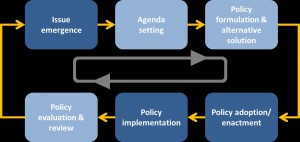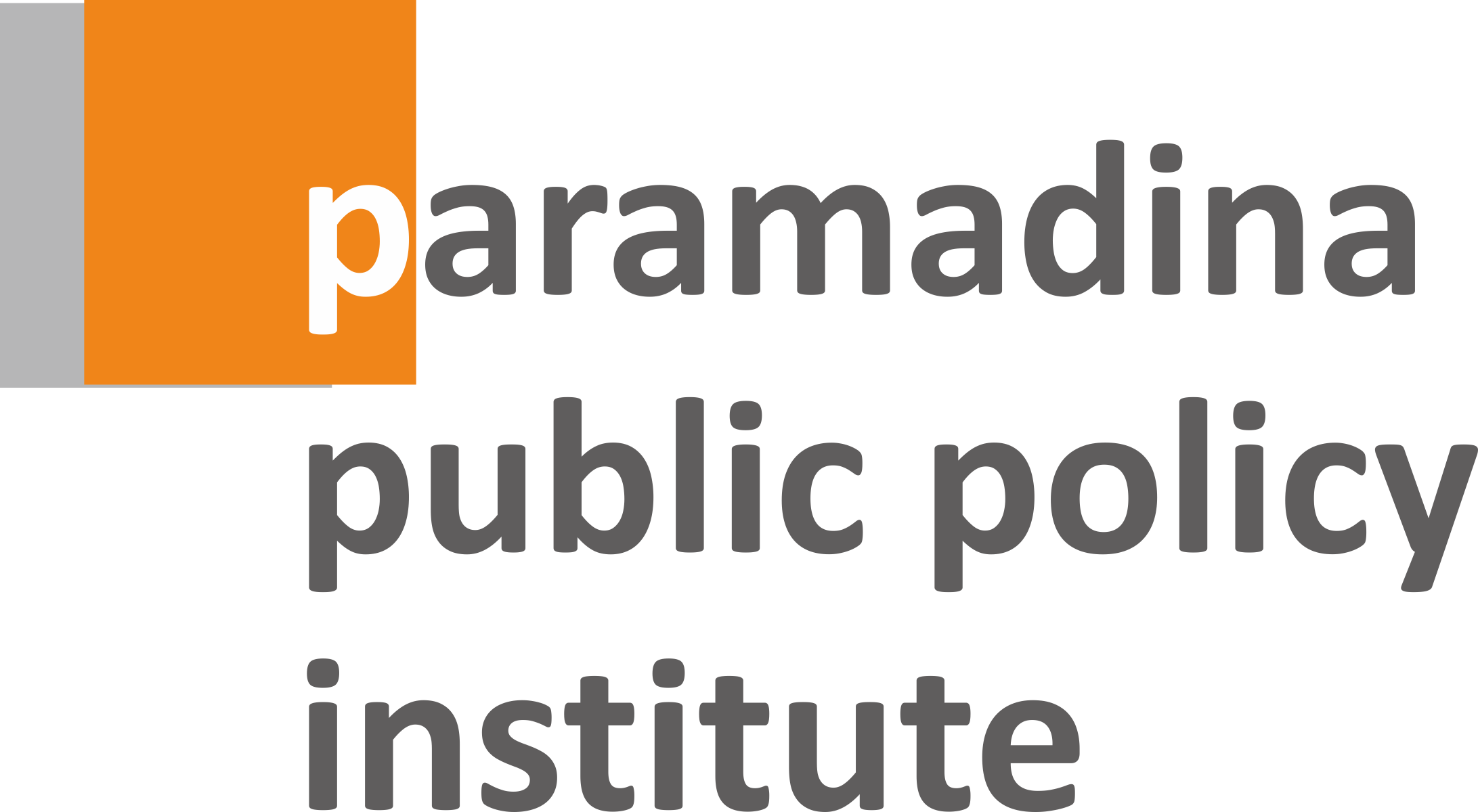
Wijayanto Samirin and Muhamad Ikhsan
August 2014
Finally, the government changed the regulation. With the issuance of Ministry of Finance (MoF) Regulation No 153, dated 25 July 2014, mineral producers are allowed to export raw mineral with export tax of 7.5 percent, as long as they have shown concrete plan to build smelter
This change in regulation has sent mixed messages to the business community. At one hand, it shows government’s willingness to accommodate complains from the private sectors, but it also indicates that regulatory uncertainty is a serious issue in Indonesia. This uncertainty has made Indonesia lost a lot of opportunity to tap the benefit from the growing global FDI activities.
All was started by the introduction of mining law in 2009 that required mineral producer to have smelter in Indonesia by early 2014. Those who fail to comply will not be able to export their product. Due to various protest, on January 11, 2014, the government issued MoF Regulation No 6. The regulation allowed company to export raw mineral, but with high of export tax rate of 20 percent, which will be raised gradually up to 60 percent by 2016. With this level of taxes, no export oriented mineral company could survive. Finally, the government changed their mind again, and issued the MoF 153, as discussed above.
The above phenomenon has deteriorated FDI investors’ confidence to invest in Indonesia. FDI Confident Index by AT Kearney shows that in 2010 Indonesia ranked 20 in the list of 25 major FDI destinations. This rank moved up to 9 in 2012. Unfortunately, the 2014 study put Indonesia at rank 25th from 25 countries in the list.
Policy uncertainty happens across sectors, not only in mining. However, there is tendency that uncertainty in sector in which the government has the authority to pick the winner through license, such as in extractive industry, is higher than it is in sector in which company success more determined by market competition such as in consumer goods and financial industry.
It is about the Process
Wise man says that if you will looks like nail; what you need to do is to hit it. These sentences perfectly represent what happens in Indonesia. The policy makers have the authority to create rule. Often time, creating new rules are believed to be the solution of any problem. Unfortunately, more rules frequently make the situation more complex, especially when incoherence among them exists.
Good fruit is the product of healthy trees. So does good policy, it is the result of proper policy process. The starting point of a proper policy process is the emergence of an issue. If the governments, with the input of private sector and of the society, think that an issue needs to be addressed, then they will put it in their policy agenda.
The next step is policy formulation which ideally involved business players, think tank and civil society organization. Comprehensive data and thorough analysis is a dominant feature in this stage. The role teaching jobs of input from business players are keys to ensure that the policy is applicable and promoting benefit rather than draw back for the economy.
The last three steps are policy enactment, policy implementation and policy evaluation. The evaluation process should also involve business community. If the problem stays, the policy cycle will continue; and it will end up with a revised policy.

Unfortunately, the above cycle is a rarity in Indonesia. Evident based policy is a luxury. What’s more, often policy was designed without consulting business players. If there is any meeting, the purpose is more for socialization rather than for taking real input and ideas. Probably, the mining law and the MoF regulations are among the best example the lack of proper policy process, en route to the troublesome public generic cialis online policy. Sadly, it is only the tip of an iceberg.
New Mindset
Considering the above case, imagine if we have proper policy process; probably we don’t need to experience unnecessary uncertainty. The impact of such uncertainty is substantial. Business can adopt them selves to difficult situation such as high inflation rate, high interest rate, low GDP growth and fluctuate currency. All of these problems have solution, but there is no business solution for regulatory uncertainty. Business response this uncertainty by investing less or not investing in the country, the impact is very detrimental for Indonesia’s economy that need investment to create more jobs and to reduce poverty rate.
Government needs to treat business community as partners in progress, and vice versa. They need each other. In addition to the need of government to involve private sector in the policy making process, business community should be prepare to give real and realistic input for the government.
Once I ask a senior government official on the reason why they don’t really involve business community in the policy making process. He answers surprisingly: “Business community in many meetings gives us a lot of complain. What we need is beyond complain. We need realistic input and policy recommendation, supported by proper study and data”.
It is about the time for business community to prepare them selves, to have a new mindset. They should engage themselves with think-tank to produce papers, ideas and policy recommendation. Improving business environment is not the responsibility of the government only, but also those who take the benefit from business activities. (*)
Wijayanto Samirin, Vice Rector of Paramadina University, and is the Co-Founder and Managing Director of Paramadina Public Policy Institute.
Muhamad Ikhsan, lecturer at Paramadina University, and is a senior researcher at Paramadina Public Policy Institute.
This article was first published in Globe Asia on August 2014 Edition
